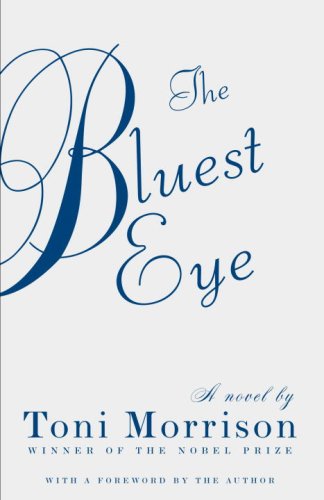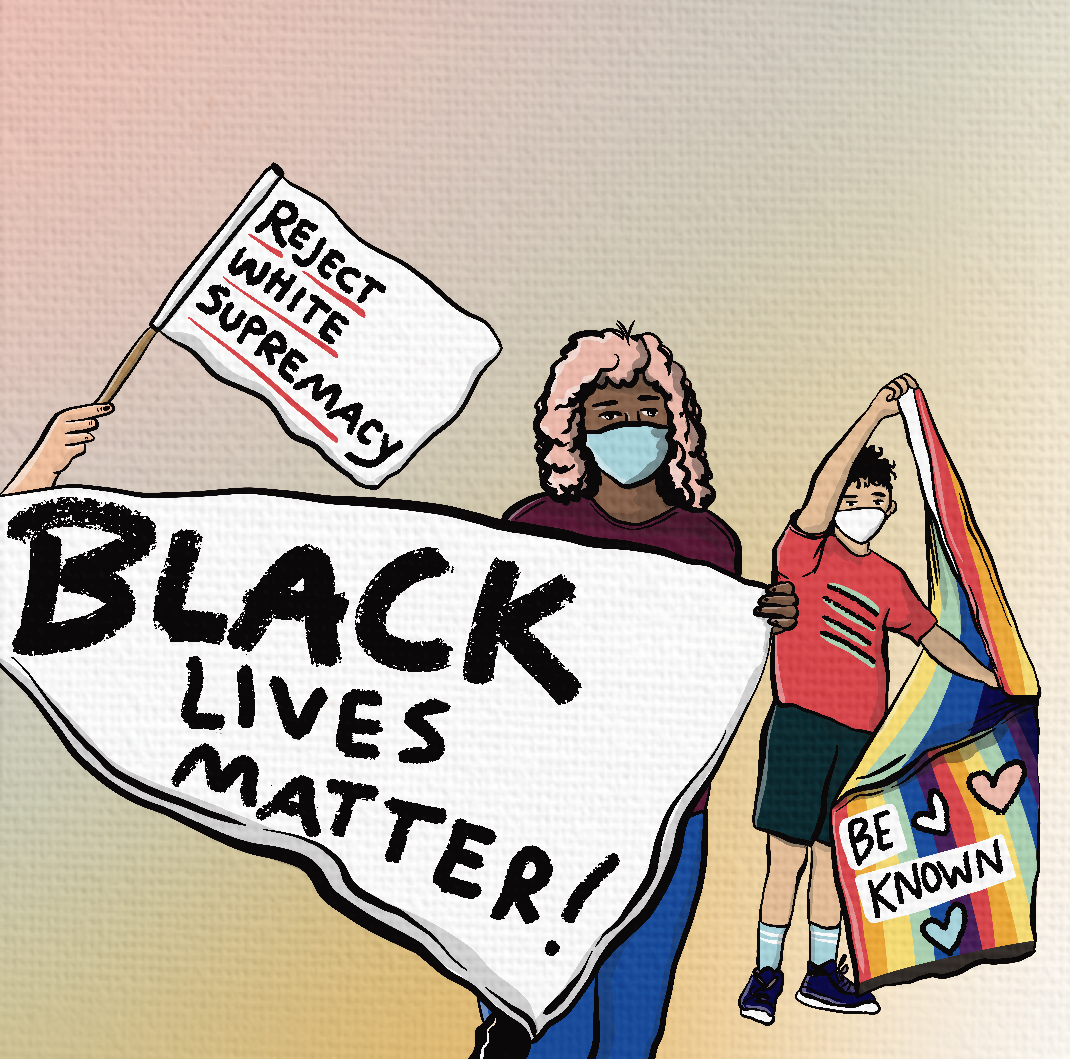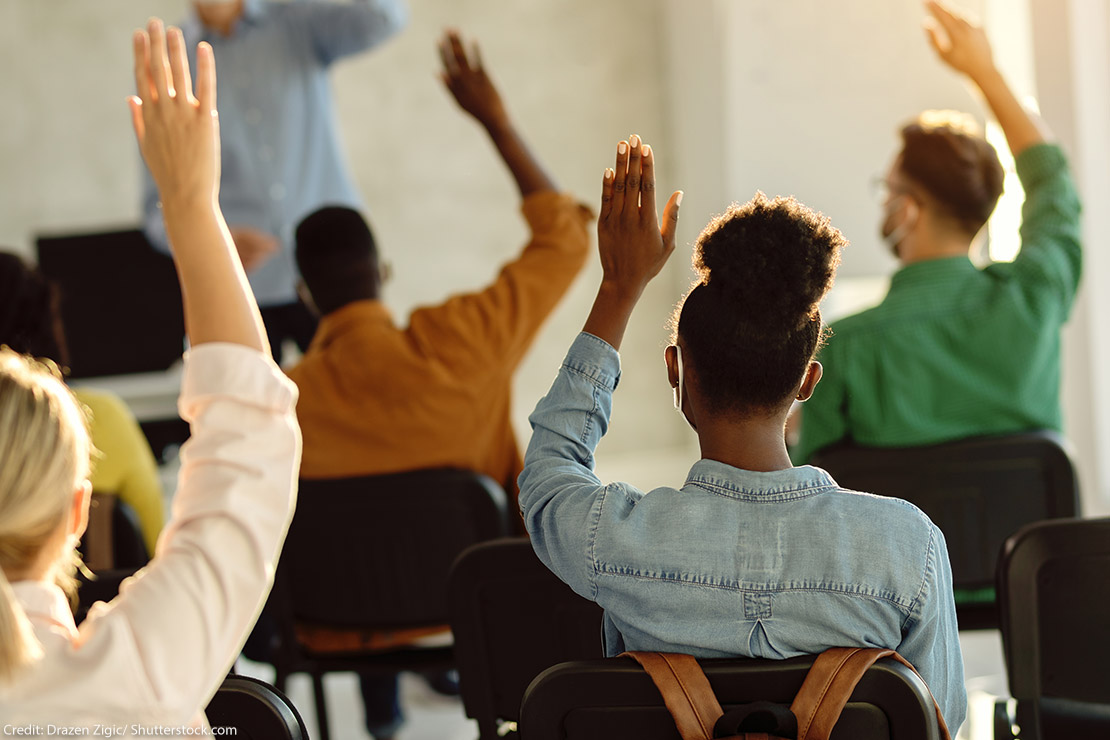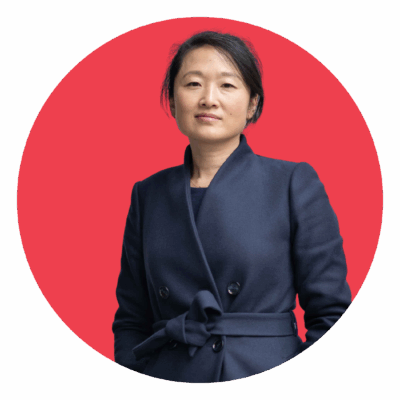The ACLU of Oregon is a non-profit, non-partisan organization that defends and advances democracy, civil liberties, and civil rights in Oregon. We are an affiliate of the ACLU, our nation's guardian of liberty for more than 100 years. Important areas of the ACLU’s work include education and advocacy about book bans and censorship in public libraries and classrooms.
Books, libraries and schools expand minds and hearts

In the ninth grade, I read “The Bluest Eye” for a school assignment. This book powerfully changed my understanding of the world. It helped me see how racism and sexism are interwoven into the fabric of our culture and personal beliefs: everyday people of all backgrounds absorb racist and sexist ideas, leading them to unconsciously perpetuate the oppression and trauma of these harmful systems.
Published in 1970, “The Bluest Eye” was the first novel of Nobel and Pulitzer Prize-winning author, Toni Morrison. Despite its status as a seminal work by a foremost author in American history, the book has been a frequent target of bans.
There has been an escalation in the censorship of content involving race, history, sexual orientation, and gender
During the 2022-2023 school year, libraries and classrooms saw an escalation of book bans and censorship across the United States. The vast majority of material targeted for removal featured race and racism, LGBTQ+ identities and experiences, and sex education.
The vast majority of material targeted for removal featured race and racism, LGBTQ identities and experiences, and sex education.
The drive to ban books is sustained by a vocal but small minority. The majority of parents, people, and voters do not support book bans. In fact, most parents and voters hold librarians in high regard, have confidence in their local libraries’ decisions about the books made available, and agree that community libraries do a good job of offering books that represent a variety of viewpoints. The majority of public school parents also agree that various types of books should be available in school libraries on an age-appropriate basis — including works about slavery and racism, novels for young adults that portray police violence against Black people, and both fiction and non-fiction books about lesbian, gay, and transgender individuals.
Book bans and censorship are deeply undemocratic and harmful
Our democracy contains people of vastly different beliefs, perspectives, and backgrounds. No universal religious or cultural identity unites us. Rather, our federal Constitution’s foundational values and aspirations inform our collective commitment to be a nation of, by, and for all the people.
The right to free speech – which is set out as the First Amendment of the U.S. Constitution – is recognized as foundational to our democracy. Freedom of speech guarantees us the right to hear all sides of every issue and to make our own judgments without government interference or limitations. By creating safeguards around government censorship of books, magazines, and newspapers, as well as art, film, music, and materials on the internet, the right to free speech protects us from government attempts to suppress ideas and information.
Courts have said that the First Amendment protects not just the right to speak but the right to receive information. In other words, all of us, including young people, have a right to access a diverse range of stories and perspectives. By the same token, those of us with non-dominant identities have the right to hear stories and perspectives that reflect our experiences and communities.
Democracy is undermined when a minority forces their own preferences and judgments on the rest of us by pressuring government entities to take books off library shelves and ideas out of public classrooms because the minority doesn’t approve of its content. The government further undercuts our democracy when it censors the stories of people and communities who have been historically disenfranchised and marginalized.
Alarmingly, librarians and teachers are increasingly facing bans and censorship combined with punitive, surveillance-oriented environments. This has incredibly harmful impacts on people who teach our youth; authors whose works are targeted; families who want their children in diverse, supportive schools; students who deserve a full and rich education; and all of us.
Communities have the power to protect our schools and libraries
Throughout its century-long history, the ACLU has fought against unconstitutional government censorship. Recently, we’ve fought these battles in states across the country, from New Hampshire to Florida, Oklahoma to Oregon, and beyond.
It is important for Oregonians to know that our state is not immune to censorship crusades. In 2022, censorship attempts in our state more than doubled compared to 2021. Organizations like the Oregon Library Association’s Intellectual Freedom Committee and local communities have done important work to protect books and learning against the escalating attacks.

Another recent example of censorship lies in Newberg, Oregon, where extremist members of the school board tried to censor symbols of inclusion, belonging, and support for Black and LGBTQ+ students, teachers, and staff. The ACLU of Oregon went to court, and we successfully blocked the unconstitutional censorship. Teachers, parents, and community members also organized to stop the harmful actions in Newberg, and the community successfully voted out extremist school board members less than two years after those members adopted the censorship policy.
Our message for Oregonians is this: the ACLU is here to help, but the most effective way to protect our freedom to learn and speak is for community members to take collective action. Ultimately, book bans and classroom censorship are anti-democratic efforts to take away power from communities.
Communities have the power to fight back and win.


